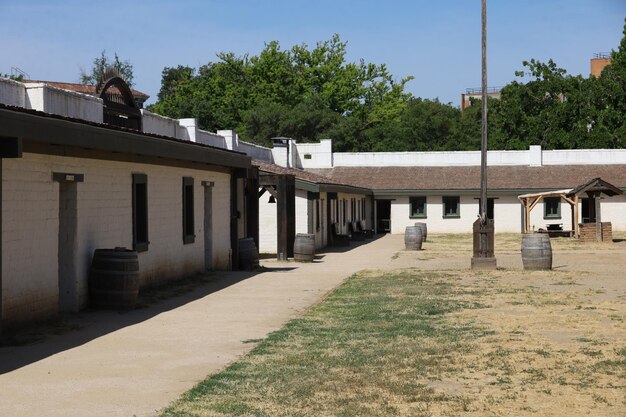Understanding Des Moines Homeless Shelter Resources: A Guide to Support and Beyond
In the heart of America, Des Moines stands as an example of a bustling city that, like many others, faces the ongoing challenge of homelessness. Fortunately, Des Moines homeless shelters offer critical support for individuals and families in need. These shelters provide not just a temporary roof over one's head, but also a range of programs designed to promote stability and self-sufficiency. If you or someone you know is seeking assistance, knowing what resources are available is the first step toward recovery and growth.
Key Services of Des Moines Homeless Shelters
The homeless shelters in Des Moines offer a variety of essential services that aim to help individuals regain their footing:
- Emergency Housing: These facilities provide a safe environment for individuals who have lost their homes. The focus is often on immediate shelter to ensure safety and security.
- Hot Meals: Many shelters offer meal services, ensuring that those seeking refuge have access to nutritious food.
- Case Management Services: Professional support to help individuals navigate housing options, employment opportunities, and any necessary health care.
- Job Training Programs: Skills development is a priority, with programs designed to retrain individuals and prepare them for re-entry into the workforce.
- Counseling and Mental Health Support: Understanding the myriad challenges of homelessness, many shelters offer access to mental health resources.
Beyond Shelter: Financial Assistance Options
Homeless shelters are a starting point, but moving beyond temporary solutions to long-term stability requires broader support. Fortunately, Des Moines offers various government aid programs and financial assistance options:
Housing Assistance Programs
Housing choice vouchers and subsidized housing options are available for those looking to secure more permanent living arrangements. Organizations like the Des Moines Housing Authority provide details on eligibility and application processes.
Government Aid Programs
Programs such as Temporary Assistance for Needy Families (TANF) offer financial support to help families achieve economic self-sufficiency. These programs can cover essential costs such as groceries, transportation, and utilities.
Debt Relief and Credit Counseling
Managing debt is often a core issue for those struggling with homelessness. Accessing credit counseling services through local nonprofits can help individuals create a plan to reduce debt and improve financial literacy.
Unlocking Educational Opportunities
Access to education and job training can open doors to new possibilities. Grants and scholarships are available to help those experiencing homelessness further their education or acquire vocational skills:
- Pell Grants: Federal financial aid for low-income students pursuing higher education.
- Vocational Training: Programs for technical skills in industries like healthcare, manufacturing, and IT.
Investing in education not only enhances job prospects but also builds confidence and life skills that contribute to long-term success.
Exploring a Better Future
Des Moines remains committed to providing shelter and pathways to lasting stability. From immediate relief at homeless shelters to comprehensive financial and educational resources, each step contributes to a brighter future. By taking advantage of these opportunities, individuals facing homelessness in Des Moines can start to rebuild their lives, paving the way for sustainable independence and a hopeful future.
Quick Reference: Financial and Educational Support in Des Moines
- 🏠 Housing Choice Vouchers
- 💵 Temporary Assistance for Needy Families (TANF)
- 📈 Credit Counseling Services
- 🎓 Pell Grants for Education
- 🔧 Vocational Training Programs

